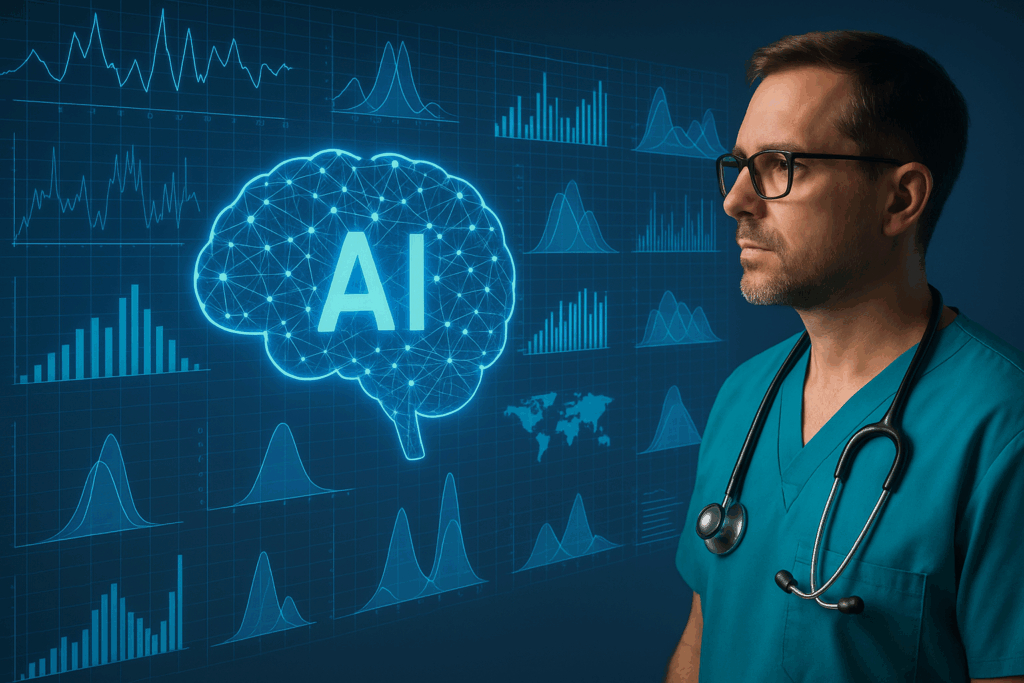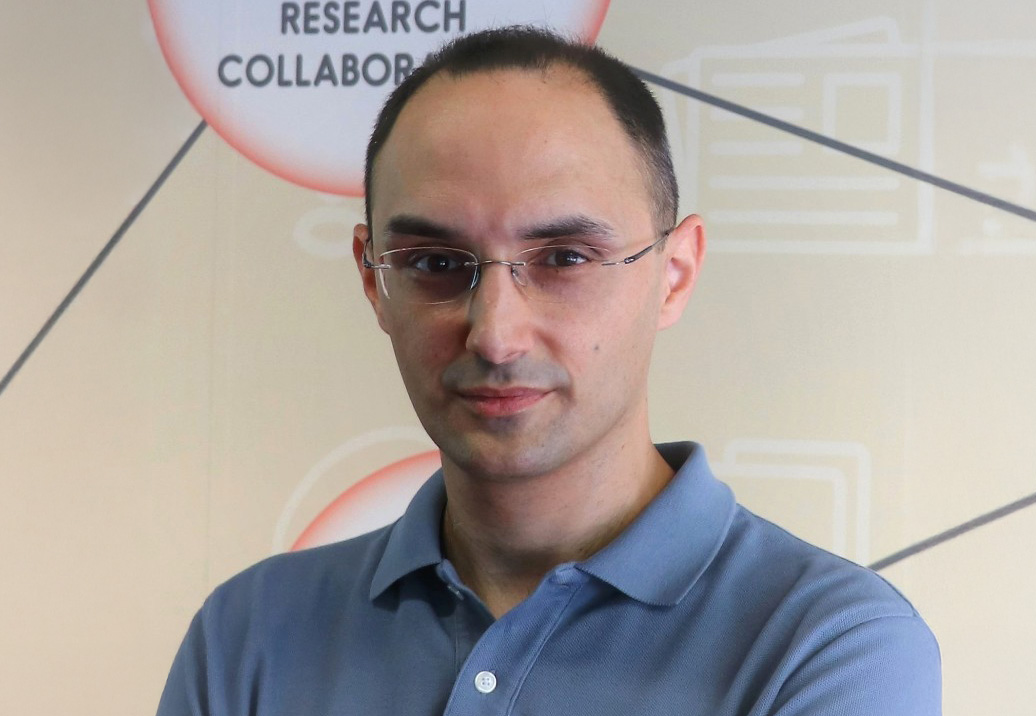Artificial intelligence (AI) is increasingly integrated into daily medical practice. However, if AI systems fail to account for the variability inherent in medical data and healthcare, biased decisions may compromise both patient safety and fundamental rights. Variability arises from shifts in statistical distributions across time, populations, or data sources, and can be further influenced by quality issues or subgroup differences. These changes, which occur both during and after model training, limit AI’s ability to generalize, react quickly to unexpected events such as pandemics, or adapt across healthcare settings. To address these risks, a new paradigm of adaptive and explainable AI is urgently needed.

The KINEMAI project is pioneering a physics-informed data science methodology to create trustworthy, resilient medical AI. Its foundation lies in modelling the kinematics of statistical distributions—tracking how covariates, outcomes, and model parameters evolve over time within statistical manifolds. By predicting these trajectories, KINEMAI enables continual, self-adaptive AI systems capable of responding rapidly to data shifts, even without access to new data. This approach also enhances explainability, clarifying whether observed changes stem from clinical shifts, data quality issues, or bias—for example, unexpected gender disparities in model performance.
A key application will be tested using 10 years of data from the 112 Emergency Medical Dispatch Service in Valencia, encompassing two million incidents. Complementary analyses will employ public datasets. The resulting computational tools will allow biomedical data scientists to anticipate changes in data behavior, supporting the design of safer, more reliable AI solutions.
The multidisciplinary team combines expertise in biomedical data science, medical AI, and applied physics from the Universitat Politècnica de València with clinical experts from the Valencian health authority. By delivering open-source, extensible tools, KINEMAI will advance resilient medical AI, reduce costs, and improve precision medicine—ultimately enabling more accurate, trustworthy data-driven healthcare.
Proyecto PID2022-138636OA-I00 financiado por:




